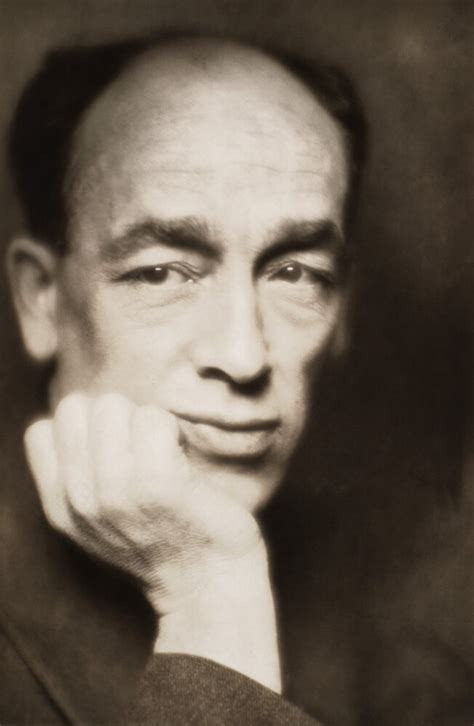A Quote by E. B. White
A poet's pleasure is to withhold a little of his meaning, to intensify by mystification. He unzips the veil from beauty, but does not remove it.
Related Quotes
A poet dares to be just so clear and no clearer; he approaches lucid ground warily, like a mariner who is determined not to scrape his bottom on anything solid. A poet's pleasure is to withhold a little of his meaning, to intensify by mystification. He unzips the veil from beauty, but does not remove it. A poet utterly clear is a trifle glaring.
One more royal trait properly belongs to the poet. I mean his cheerfulness, without which no man can be a poet,--for beauty is his aim. He loves virtue, not for its obligation, but for its grace; he delights in the world, in man, in woman, for the lovely light that sparkles from them. Beauty, the spirit of joy and hilarity, he sheds over the universe.
When a poet writes a poem, meaning arises - because the poet is not alone; he has created something. When a dancer dances, meaning arises. When a mother gives birth to a child, meaning arises. Left alone, cut off from everything else, isolated like an island, you are meaningless. Joined together you are meaningful. The bigger the whole, the bigger is the meaning.
Every true artist does feel, consciously or unconsciously, that he is touching transcendental truths; that his images are shadows of things seen through the veil. In other words, the natural mystic does know that there is something there, something behind the clouds or within the trees; but he believes that the pursuit of beauty is the way to find it; that imagination is a sort of incantation that can call it up.
The poet is born with the capacity of arranging words in such a way that something of the quality of the graces and inspirations he has received can make itself felt to other human beings in the white spaces, so to speak, between the lines of his verse. This is a great and precious gift; but if the poet remains content with his gift, if he persists in worshipping the beauty in art and nature without going on to make himself capable, through selflessness, of apprehending Beauty as it is in the divine Ground, then he is only an idolater.
Sex endows the individual with a dumb and powerful instinct, which carries his body and soul continually towards another, makes it one of the dearest employments of his life to select and pursue a companion, and joins to possession the keenest pleasure, to rivalry the fiercest rage, and to solicitude an eternal melancholy. What more could be needed to suffuse the world with the deepest meaning and beauty?


































